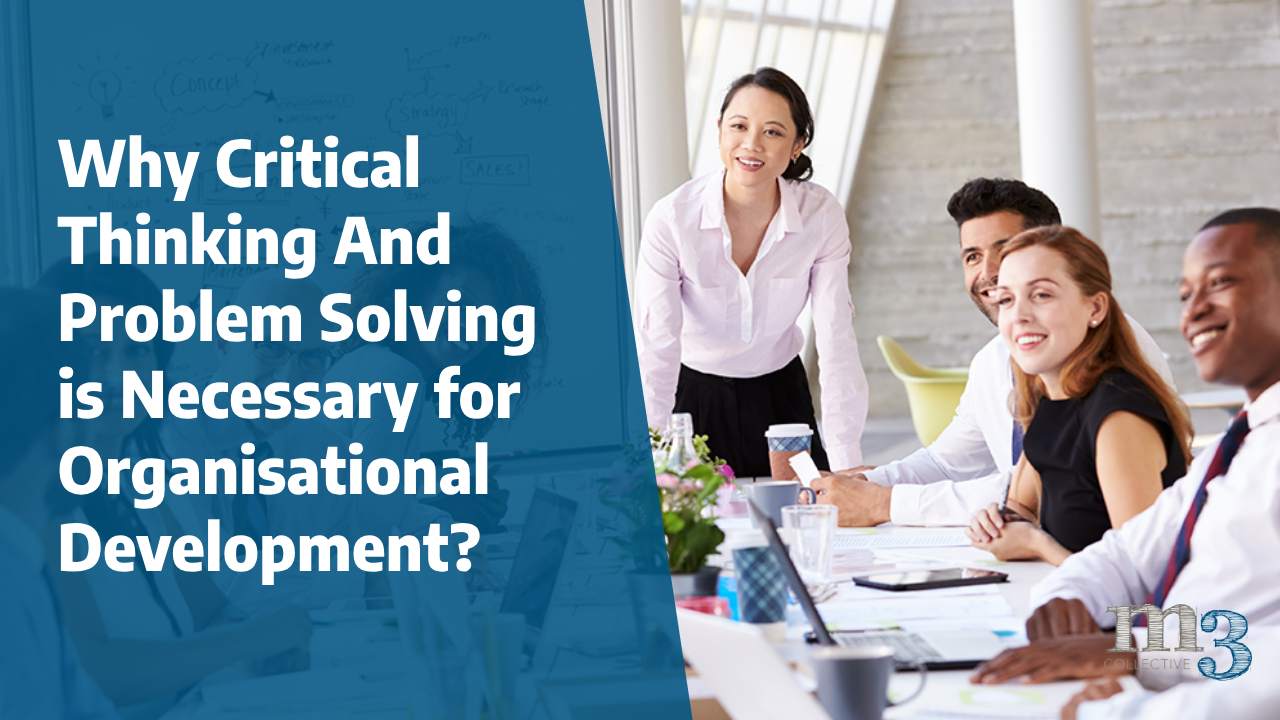The Cornerstones of Organisational Success
Unpacking Critical Thinking in the Organisational Context

Encouraging a Culture of Inquiry and Innovation
Making Informed Decisions
Problem Solving: A Necessity for Organisational Resilience

Navigating Complex Challenges
Enhancing Team Collaboration and Dynamics
Integrating Critical Thinking And Problem Solving into Organisational Development
Leadership Course Brisbane: A Pathway to Developing These Skills

In Brisbane, Leadership Course Brisbane is specifically tailored to hone critical thinking and problem-solving abilities. These courses offer a blend of theoretical knowledge and practical application, designed to equip leaders with the tools necessary to foster these skills in their organisations
Case Studies: Success Stories from Brisbane
Measuring the Impact on Organisational Development
Evaluating the impact of critical thinking and problem-solving skills on organisational development is essential. Metrics such as improved decision-making efficiency, innovation rates, and problem resolution times are commonly used to assess the effectiveness of these skills.
FAQ
How can organisations foster an environment conducive to critical thinking?
What are some practical ways to improve problem-solving skills in the workplace?
How do Critical Thinking And Problem Solving Drive Organisational growth?
Can logical thinking be taught in a workplace setting?
What role do leaders play in promoting problem-solving skills among teams?
Are there specific tools or methodologies to enhance problem-solving in organisations?
How does organisational culture impact critical thinking and problem-solving?
What is the importance of diversity in critical thinking and problem-solving processes?
Embracing the Future of Organisational Development
Critical Thinking and Problem Solving are not just skills; they are essential pillars for the future of organisational development. As businesses in Brisbane and around the world continue to navigate a complex and rapidly changing environment, investing in these skills is paramount. Embracing these competencies will pave the way for innovation, resilience, and sustained success in the modern business era.













